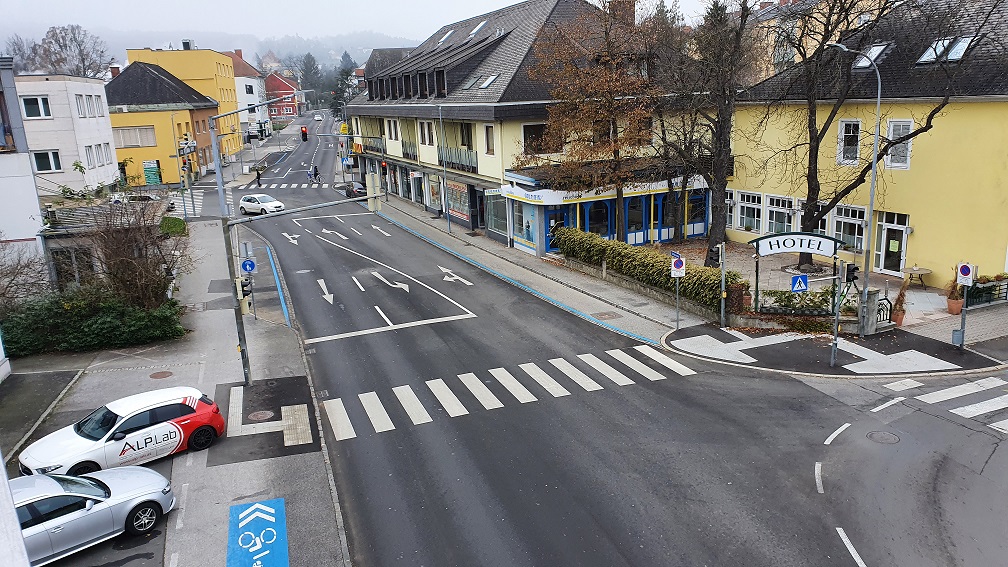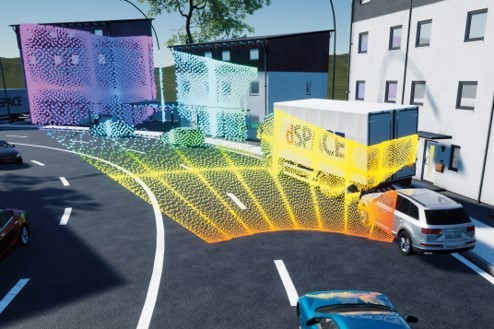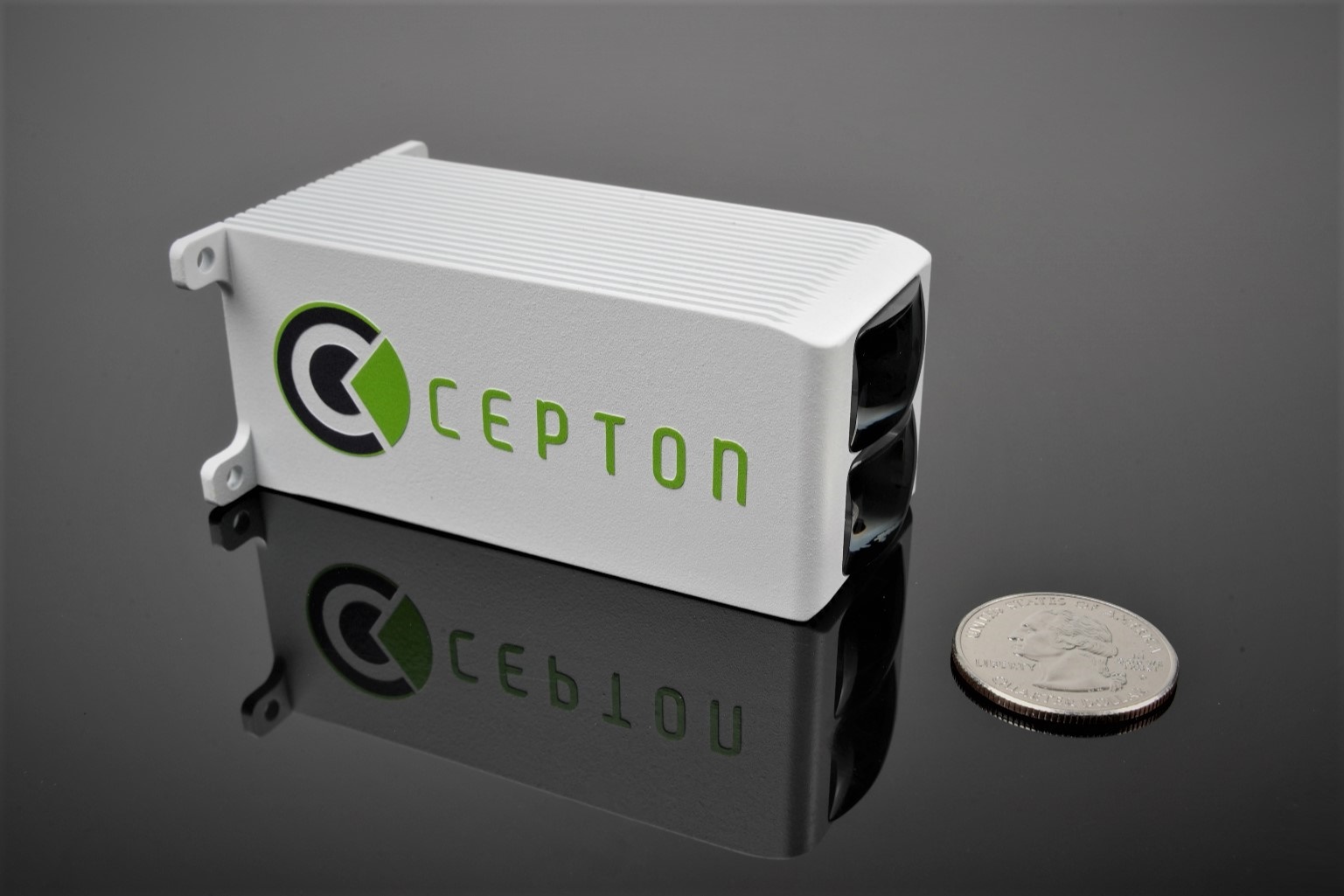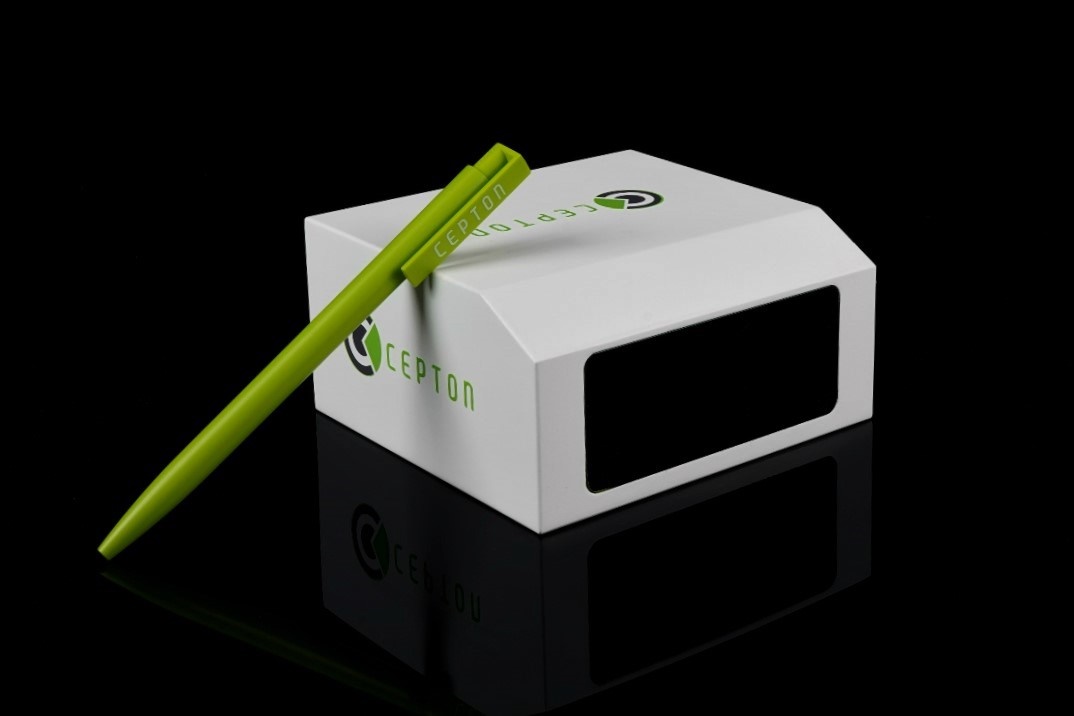
Cepton has partnered with the Austrian Industry and Testing Alliance (ALP.Lab) to build Lidar-equipped testing environments for studying complicated driving situations on Austria's roads.
ALP.Lab – an alliance of automotive suppliers such as Magna and AVL – delivers real-life data to test the capabilities of autonomous driving systems, and helps enable solutions to reduce accidents and improve traffic flows.
Cepton says this project will deliver real-world traffic data from complex urban and rural alpine intersections.
Austria's mountainous landscape presents challenges in ensuring vehicle and pedestrian safety, where difficult traffic scenarios could pose obstacles for the deployment of autonomous mobility solutions.
ALP.Lab partners with scientific organisations like Virtual Vehicle Research, Joanneum Research and Graz University of Technology.
Cepton says compiling a realistic database of different driving scenarios as “pivotal” to the testing and verification of advanced driver assistance systems (ADAS) and autonomous vehicles.
Through the new partnership, ALP.Lab has deployed Cepton’s Helius Smart Lidar System to capture real-time, 3D traffic data to support the training of artificial intelligence algorithms used for the scenario-based testing of ADAS and autonomous vehicle features.
The collected data will make it possible to predict vehicle trajectories at intersections and enable traffic data analysis for traffic flow optimisation.
Part of the Helius system includes a number of Vista-P60 lidar sensors from Cepton installed at the corners of road intersections and traffic roundabouts, complementing other sensor types including, radar and other types of optical sensors.
The Vista-P60 Lidars – powered by Cepton’s patented Micro Motion Technology – are expected to offer a high detection range of 200 m at 30% reflectivity and an angular resolution of 0.25 degrees.
This makes it possible to accurately detect each arriving and departing vehicle and pedestrian at a distance of up to 170m around the intersections, the company adds.
The Helius perception software adds an additional layer of intelligence to the Lidar data from the Vista-P60.
Helius takes the point cloud data from a connected network of Vista-P60 sensors and delivers real-time, 3D information on object dimensions, locations and velocities.
According to Cepton, this enables Helius to accurately track and classify the different objects involved in a traffic situation.
Helius and the other sensors used by ALP.Lab only capture anonymised data, protecting the privacy of pedestrians and vehicles while feeding ALP.Lab traffic data for deeper analysis.












